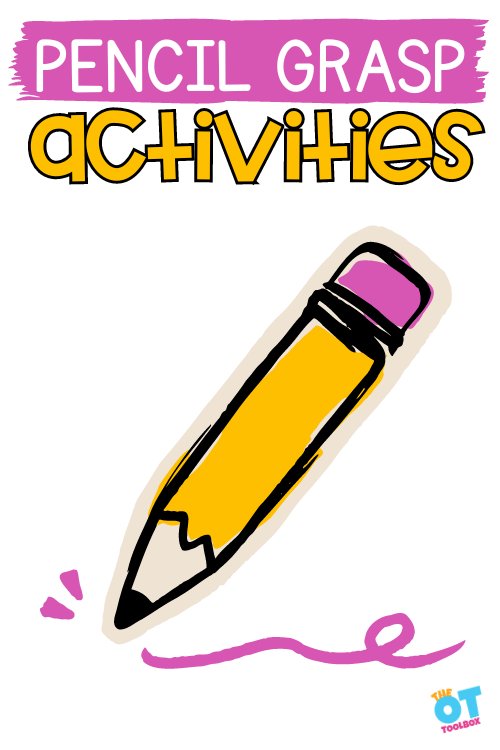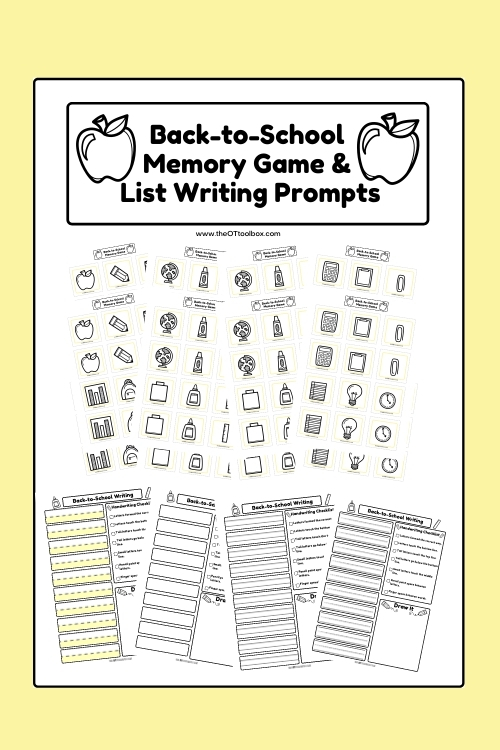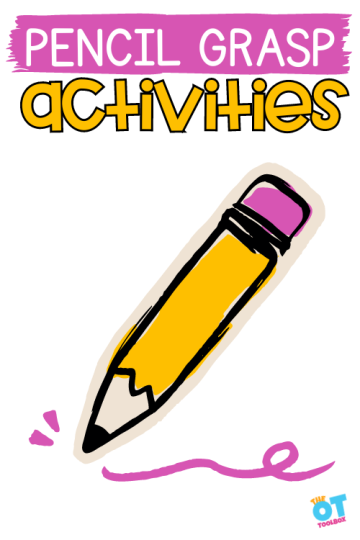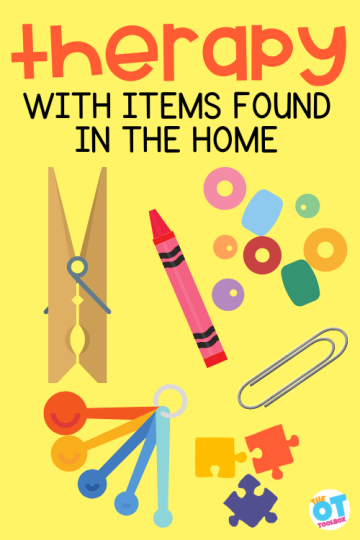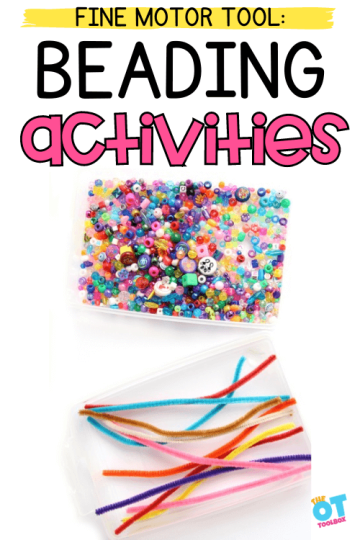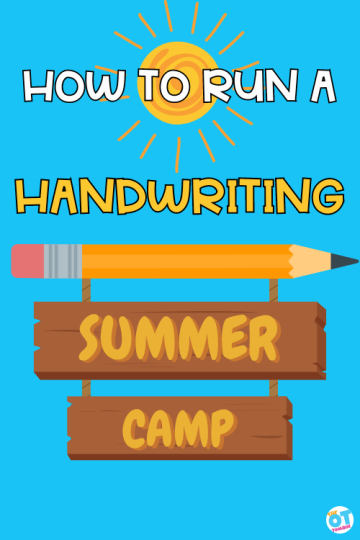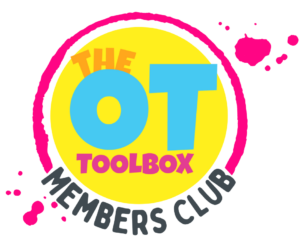Occupational therapy professionals know the benefit of using memory card games to build skills in therapy sessions. OTs love to use games in therapy sessions to address a variety areas in novel and fun ways…and kids love the gaming aspect of therapy!
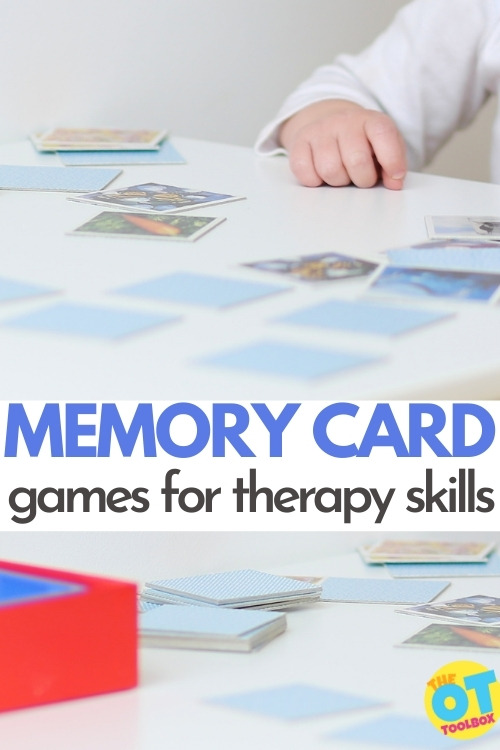
Memory Card Games in Occupational Therapy
There are so many reasons to play memory games in OT! Areas like executive functioning skills, to working memory, attention, focus, to fine motor skills, visual motor skills, visual perceptual skills, and even handwriting can be improved through the use of memory card games.
It would be easy to incorporate some handwriting games into a memory card activity.
We’ve talked about using games in a variety of ways…today, we’re covering the use of a Memory Card Game to work on various skills in OT. Here’s why this simple game is such a powerful tool for impacting function:
Memory games are a powerful way to work on sort term memory, working memory, and executive functioning skills such as attention organization planning prioritization organizational skills.
Memory games are fun way for kids to work on short term memory and other skills that are beneficial for learning in the classroom and at home.
When kids play memory they can work on holding short term information in their memory In their short term memory. This allows them to use visual attention and visual memory while they remember where pictures are located playing a classic memory game.
Kids with other executive functioning issues me to be struggling with the same challenges in the classroom or at home. By playing a game such as memory kids can work on these executive functioning skills in a fun and low-key manner.
When they play memory kids can work on prioritization such as choosing which card to pick first.
When you play memory you pick a card and if you seen it before you you need to remember where you’ve seen that location of the card. This scale requires time management self-regulation and self-control. You don’t want to pick up the next card in a rush without thinking through your your process of where you saw that picture last.
Memory card games can be used to address visual motor skills.
Playing a game of memory can help with short term memory and retention of information as well. When kids need to recall where they saw a card in a previous play they need to think back and use their mental memory skills in order to recall where that card is located in the board. This visual component of working memory skills carries over to the classroom when kids need to remember to do it to do their homework or what skills have worked in the past in order to solve problems on tests or in situations of game or learning at school.
A memory game also helps with multitasking and helping kids to stay and complete a task through to completion. All of these executive functioning skills are powerful skills to develop through play such as using a memory game.
“Grading” Memory Card Games to Meet Different Needs
When therapists add a toy or game to their “OT toolbox”, they need to use the material in a variety of ways to meet the needs of different levels of children and while addressing different skill areas.
This refers to grading activities.
Grading, in occupational therapy, means making an activity more or less challenging in order to meet the needs of the individual. This can also refer to changing an activity in the middle of the task, depending on how the client or child is responding. Grading is important when it comes to finding the “just right” amount of support or adaptations that need to be made to a task that challenge the client while also allowing them to feel good about doing the therapy intervention.
If the activity is too easy, you would grade it up to make it a greater challenge.
If the activity is too hard, you would grade it down to make it easier to accomplish a sub-goal or skillset, while also challenging those skills.
Memory card games are a great tool to use to challenge a variety of skill levels and abilities.
- You can help to boost skills by changing the number of matches that you are using in the memory card game. If a child who struggles with attention, focus, impulse control, visual perception, eye-hand coordination, or working memory, you might play the memory game with only two matches or four matches so that there are four or eight cards total on the playing board.
- You can further adapt this game by giving clear and concise instructions or hints in other words. Try to help the child use their memory, attention, working memory, and recall skills by defining the match that they are looking for and details that are on that image. This can be accomplished by saying things like, “I’ve seen that card before. Have you?”
- Work on turn taking skills for use in conversation and play with different modifications and adaptations based on the individual’s abilities and areas of development.
- Another strategy to grade memory games is to ask the child to talk through their moves. This self-reflection can build self-confidence, and it’s a helpful way to remember where they seen a matching card before. And, this self-talk skill also translates over to functional tasks. When a child performs a task such as a chore or a homework assignment they can talk through the task at hand. This allows them to recall what they’ve learned and what’s been successful. They are able to use skills they’ve established in the past. Self talk skill is a great strategy for kids who both struggle with executive functioning skills and anyone in general.
- Another modification to memory card games include offering visual cues or verbal cues of what the child has seen. You can support this by asking the child “Have you seen this picture already?” Ask them to recall what the image was near on the board and see if you can picture in your mind where that card is in relation to others on the board. This involves a spatial-relations component as well as other visual perceptual skills.
- Finally it’s helpful to reduce distractions while playing memory game. Sometimes the aspect of attention is limited by other things happening around a child which can’t be addressed in a situation such as a classroom or a community situation however you can work on specific skills such as showing the child how to self regulate like taking a deep breath or preparing themselves before they make their move. This can help with over feelings of overwhelm and stress the kids sometimes get.
How to play memory games in therapy
When kids play memory they are playing the classic memory game that you’ve probably played in your childhood.
- The game uses matching cards which are placed facedown on the table.
- Players take turns selecting to picture cards they turned one over at a time and see if they’ve got a match. If they’ve got a match they can go again.
- If the player doesn’t have a match they turn the cards back over so they were they are facedown on the table.
- Then the next player goes. The second player selects two picture cards and turns them over one at a time. It’s important to turn the cards over one at a time because if you have a card because if the first card that is turned over is a card that you’ve seen before then you need to remember where that match is on the board. This aspect of playing the game of memory really works on attention focus and impulse control.
- Players continue finding the matches until all of the cards are selected.
- The player with the most number of matches wins the game.
What’s missing Activity with memory cards
“What’s missing” is also another great way to use a memory game to work on specific skills of executive functioning including the ones listed above.
How to play what’s missing with Memory Cards
- To play what’s missing you would set out a spare set number of memory cards on the table face up.
- Then the player gets to look at the cards for a set amount of time.
- The player tries to memorize every card on the table.
- Then the player closes their eyes or looks away from the table while another player removes one or more cards.
- Then the first player looks back at the table and tries to recall and identify the missing images.
What’s Missing games address a variety of visual perceptual skills, visual memory, visual attention, spatial relations, form constancy, and visual discrimination.
This activity can be graded up or down in a variety of ways by adding more cards shortening the amount of time to look at the cards and remember the cards or to add more matches and to remove more or less cards. To make this harder you can have two all different cards or you can have matches and some without matches.
Memory games in sensory bins
Memory cards make a great addition to sensory bins. Children that especially enjoy specific themes can use memory card games in a variety of themes with specific characters or topics such as vehicles, princesses, sports, animals, ect.
To use memory cards in sensory bins, you need just a few materials. This can include a dry sensory bin material, the memory cards, and possibly scoops, tweezers. Dry sensory bin materials include such as dry beans, rice, sand, shredded paper, etc. Then memory cards can be added to the sensory bin and hidden away, much like we hid sight word cards in this sight word sensory bin.
Another bonus is then building and refining fine motor skills through the scooping and pouring of the sensory bin materials.
In the sensory bin, children can look for the matching memory cards. This activity builds skills such as:
- visual discrimination
- form constancy
- visual memory
- attention
- sensory tolerance through play
- fine motor control
- transferring skills
- bilateral coordination
- controlled movements
- MORE
Memory Card Games and Handwriting
Therapists are often looking for short and functional means of working on handwriting skills through play. Memory games are a great way to address this need.
With a memory card game, children can write down the matches that they’ve found when matching cards. The same is true when playing “what’s missing” games. They can write down the words of the images that they’ve found on the playing board. And, by writing down these words, they can then work on letter formation, letter size, spacing, and legibility. This occurs in a in a short list format that is motivating for kids.
Yet another benefit of working on handwriting skills with a memory game is that children are excited to find matches. This excitement can translate to the handwriting portion. Kids will want to write more words because that means they are finding more matches. This is a very rewarding and positive way to work on handwriting skills, which can often times, be a challenge for kids.
Memory Card Games for Therapy
Memory cards are a powerful tool to add to a therapy toolbox! This is especially true if memory games are focused on an interest of the child. You will really enjoy a new series of themed memory cards with handwriting pages that I have coming to the website shop.
First up is our Back to School Memory Game and List Writing Prompts!
Work on attention, memory, focus, visual skills, executive functioning skills, visual perceptual skills, concentration and a variety of other skills. PLUS, the themed cards include handwriting pages with a variety of lined paper options.
This Back-to-School resource is a great way to quickly assess your caseload for handwriting, coloring, cutting, motor skills, midline crossing, visual memory, visual perceptual skills, motor planning, executive functioning, and more. And, such a fun and motivating activity to quickly and informally reassess each child on your caseload at a “just right” level.
This memory card activity can be printed off, laminated, and used again and again.
Click here to add the Back-to-School Memory Game and List Writing Prompts resource to your therapy toolbox.

Colleen Beck, OTR/L has been an occupational therapist since 2000, working in school-based, hand therapy, outpatient peds, EI, and SNF. Colleen created The OT Toolbox to inspire therapists, teachers, and parents with easy and fun tools to help children thrive. Read her story about going from an OT making $3/hour (after paying for kids’ childcare) to a full-time OT resource creator for millions of readers. Want to collaborate? Send an email to contact@theottoolbox.com.

